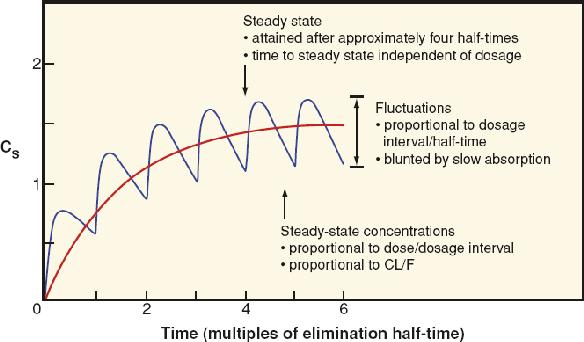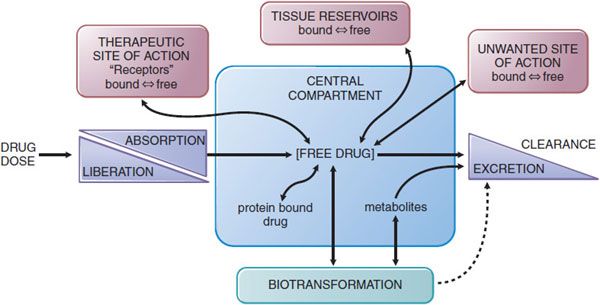polarthedog
Bluelighter
- Joined
- May 30, 2021
- Messages
- 2,038
Okay, so I know that if you take suboxone or methadone for a long period of time and get addicted, the withdrawals last longer than say heroin withdrawals.
My question is why? just because a drug lasts longer, why would that make the withdrawals last longer than if your constantly on a short acting drug, i mean the receptors are constantly activated, so what's the difference?
Also what is the point of your brain having withdrawal in the first place, why can't you consciously tell your brain "hey, I need this drug, I'm not trying to kill myself, so just don't build a tolerance"
I mean it is your brain, why do you guys think it self sabotages? and why can't the brain just be like "hey I'm bored, lets release a whole lot of dopamine so that i feel better"
I understand that it won't but I don't understand why.
It seems that your own neurochemical balances should be able to be influenced by your will.
My question is why? just because a drug lasts longer, why would that make the withdrawals last longer than if your constantly on a short acting drug, i mean the receptors are constantly activated, so what's the difference?
Also what is the point of your brain having withdrawal in the first place, why can't you consciously tell your brain "hey, I need this drug, I'm not trying to kill myself, so just don't build a tolerance"
I mean it is your brain, why do you guys think it self sabotages? and why can't the brain just be like "hey I'm bored, lets release a whole lot of dopamine so that i feel better"
I understand that it won't but I don't understand why.
It seems that your own neurochemical balances should be able to be influenced by your will.


